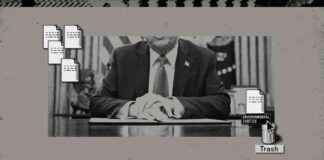Fossil Fuel Lobby Gains Unprecedented Access to Talks on New Plastics Pact
A significant development has emerged at the INC-5 negotiations in South Korea, where representatives from ExxonMobil, Dow, BASF, and Sabic, among other oil and petrochemical firms, have been granted unprecedented access to discussions on a new global pact to address plastic pollution. The Center for International Environmental Law (CIEL) reported a record number of 221 lobbyists from oil, gas, and petrochemical companies participating in these crucial talks.
High Stakes Negotiations in Busan
As 175 countries gather to finalize a groundbreaking treaty by Sunday aimed at combating plastic pollution, tensions run high in Busan. The core issue at hand, which involves potentially capping plastic production, has sparked deep divisions among nations. While the majority support manufacturing restrictions, a powerful group led by oil and gas-producing countries like Saudi Arabia, Russia, and Iran vehemently oppose such measures, advocating instead for a focus on managing consumption and waste.
Industry Influence Under Scrutiny
Industry players such as ExxonMobil, Dow, BASF, and Sabic have a strong presence at the negotiations, raising concerns about their influence. Von Hernandez from the Break Free From Plastic movement likened the situation to “letting foxes guard the henhouse,” highlighting the inherent conflict of interest in allowing fossil fuel and petrochemical companies to shape the outcome of these critical discussions.
Call for Transparency and Accountability
With fossil fuel lobbyists comprising nearly 6% of total attendees at INC-5, questions arise about the fairness and integrity of the process. Civil society groups are advocating for robust conflict of interest policies and disclosure of lobbying activities to ensure a level playing field. Matt Perryman, a Kaupapa Māori social scientist, emphasized the need to address the imbalance between industry representatives and Indigenous voices, underscoring the importance of holding corporations accountable in the fight against plastic pollution.
In a landscape where corporate interests often clash with environmental priorities, the outcome of these negotiations will shape the future of global efforts to tackle plastic pollution. As the world watches closely, the need for transparency, accountability, and a strong commitment to environmental stewardship is more crucial than ever.














